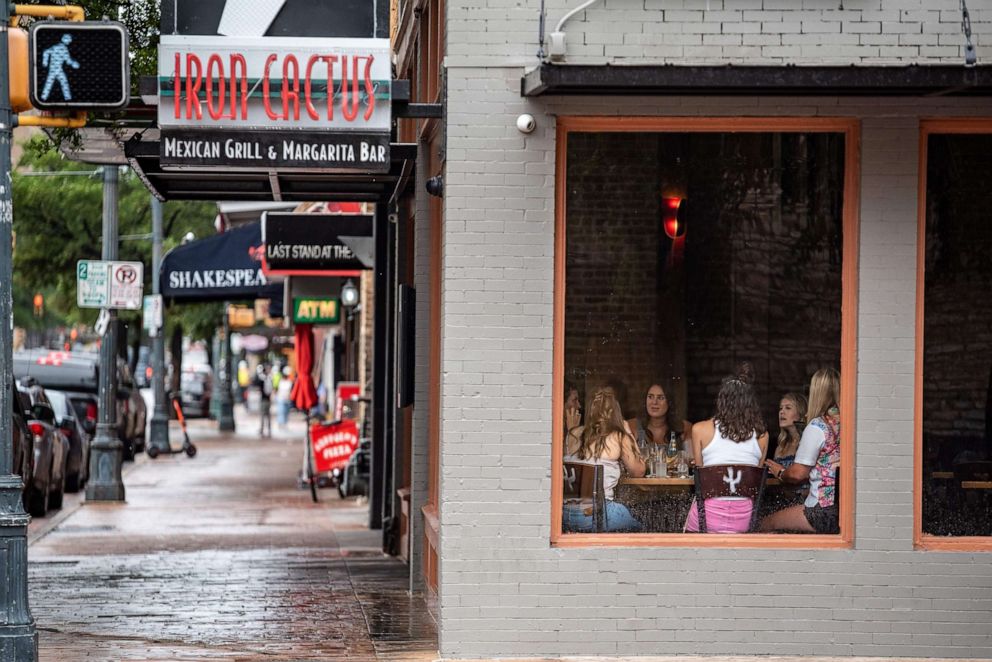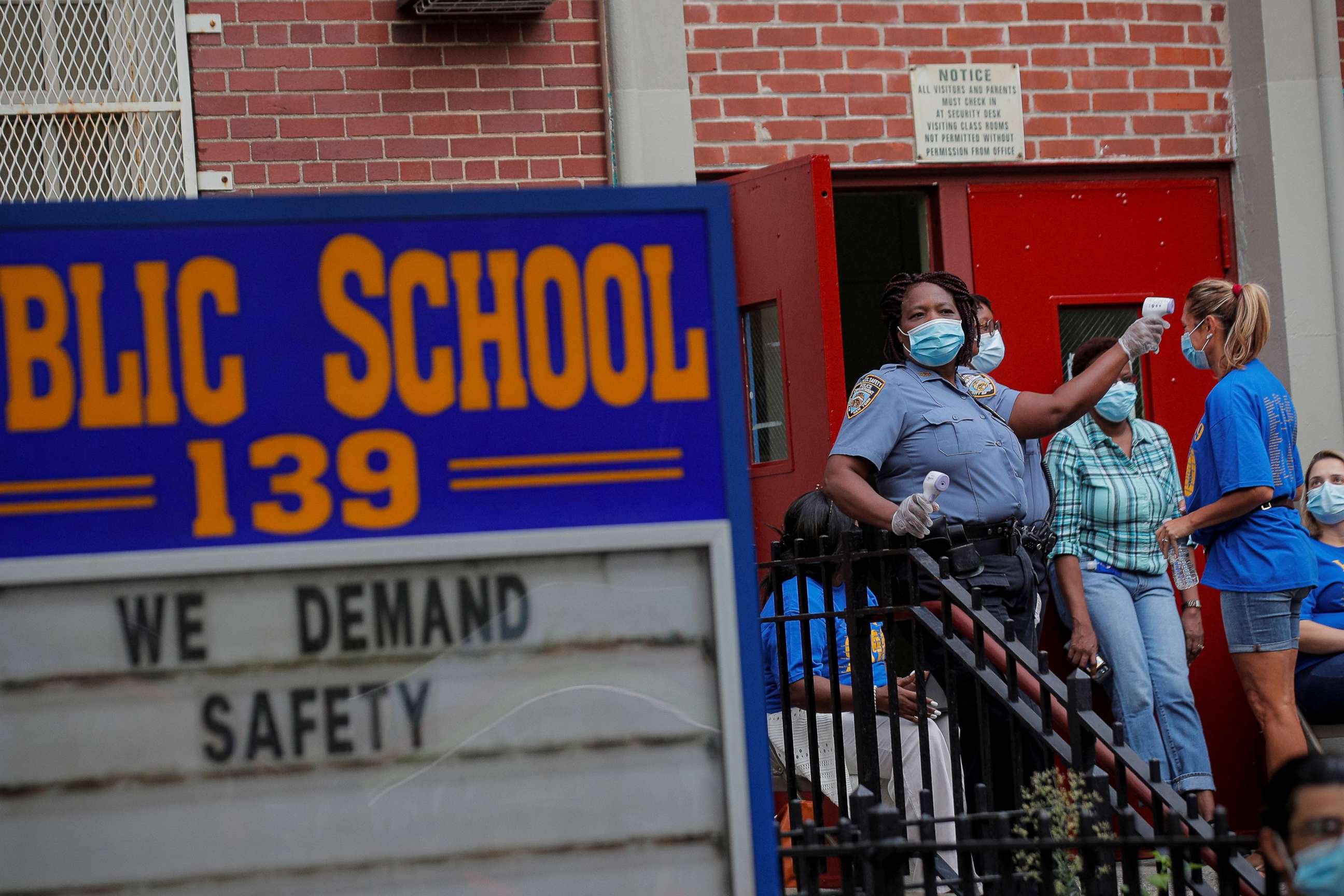Texas businesses to soon up capacity to 75%
In Texas -- which has the second highest number of coronavirus cases in the U.S. -- most of the state will allow businesses to operate at 75% capacity, up from 50%, beginning on Monday.

Rules for reopening are based on Texas' 22 "hospital regions." Nineteen of the 22 regions have less than 15% of hospital patients diagnosed with COVID-19, so those regions can reopen restaurants, retail, offices, museums, libraries and manufacturing at 75% capacity.
The only parts of the state where businesses cannot reopen at 75% capacity are the Rio Grande Valley, the Laredo area and the Victoria area. To qualify for a 75% capacity reopening, those locations must get their hospitals to under 15% COVID-19 patients for at least one week.
Bars across Texas are required to stay closed because they are "nationally recognized as COVID spreading locations," said Gov. Greg Abbott.
California has the most COVID-19 cases of any state, with more than 772,000 people diagnosed, while Texas ranks No. 2 with over 696,000 cases, according to Johns Hopkins data.
ABC News' Matt Fuhrman contributed to this report.





